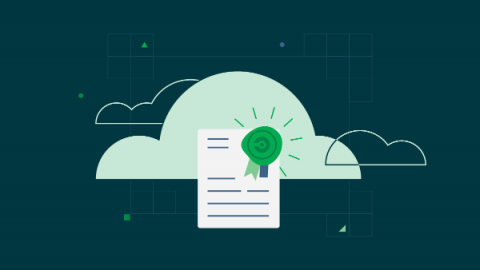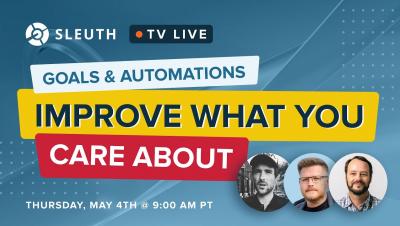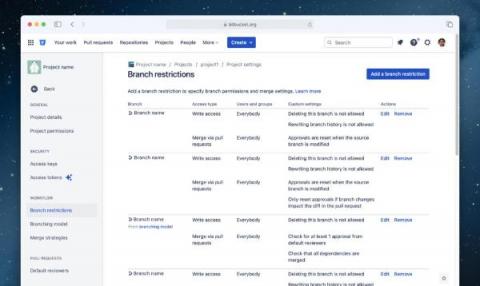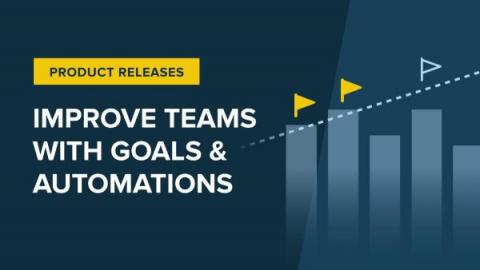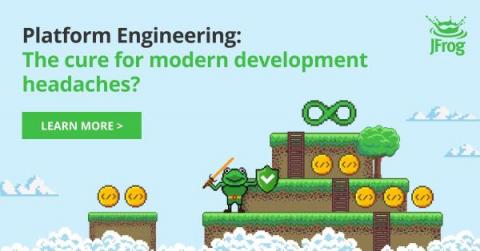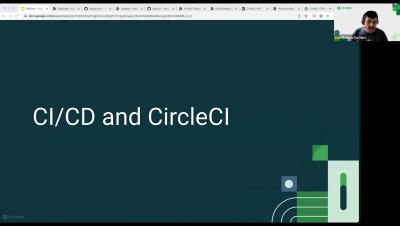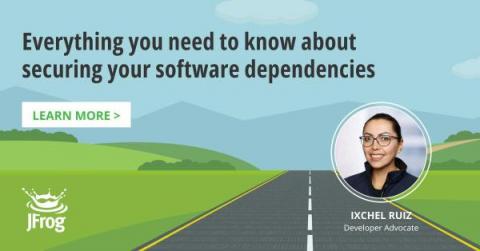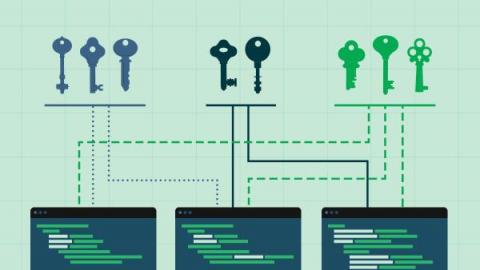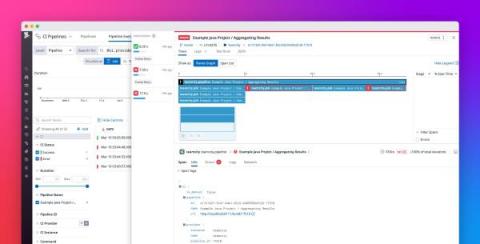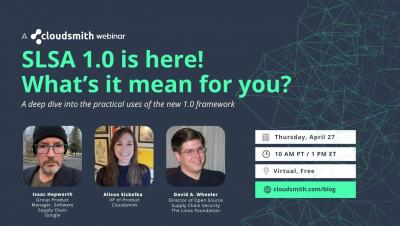Role-based credential management with OIDC
In our article on managing static credentials, we discussed the necessity of secrets — the passwords, tokens, and API keys that connect digital services together — and the importance of keeping them secure so that your infrastructure and data are kept safe from intrusion and misuse. For organizations delivering software at scale, managing credentials across multiple teams and projects can quickly become tedious and error-prone, creating bottlenecks and unnecessary risk.


